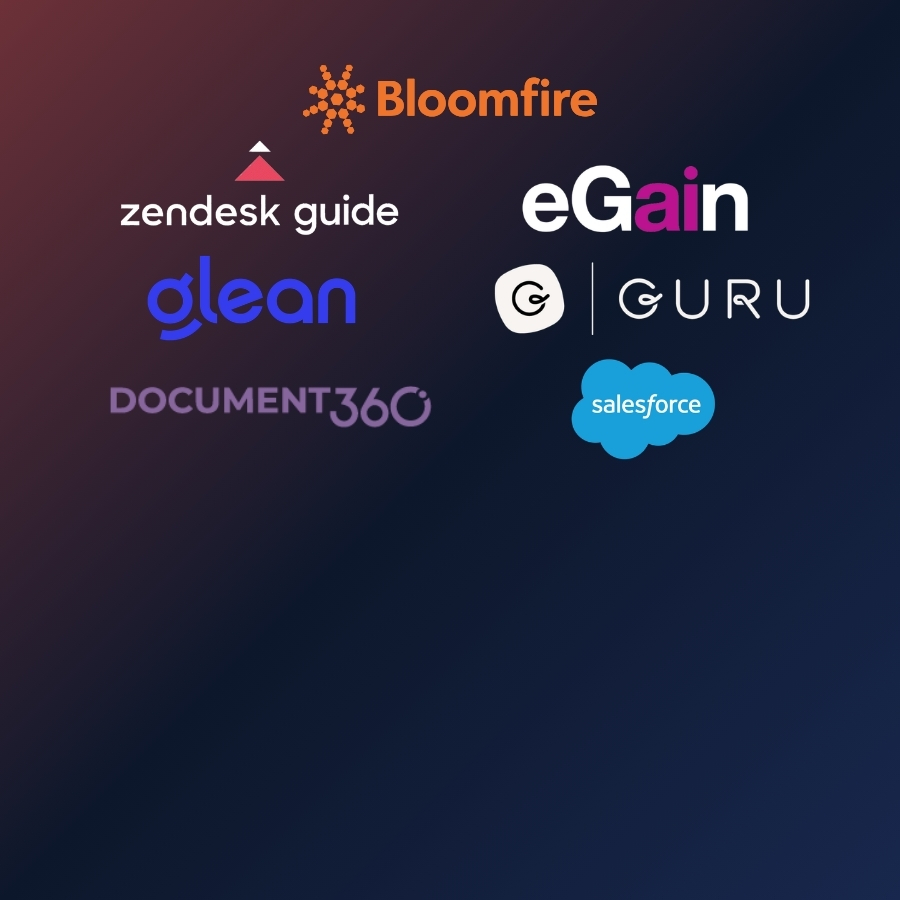How Gamification Improves Your Knowledge Sharing Strategy

From Facebook to mobile games to the traditional video game, there are 183 million people in the U.S. alone playing at least an hour a day of video games and computer games. Globally, 3 billion hours a week are spent playing video games.
While many would look at these gaming usage numbers as a measurement of wasted time, intrepid businesses are applying this trend strategically to improve business outcomes. If people are choosing to spend so much of their time playing games, can this behavioral trend be leveraged to improve the experiences outside of gaming?
What Is Gamification?
“Gamification” was first defined in 2002 and has been growing in popularity since 2008, but it has been around for longer than that. Gamification introduces game-based mechanisms that make activities more game-like and has a become a popular tool in education and marketing (think reward points or the Nike+Fuel app.)
How To Leverage Gamification For Knowledge Sharing
Just as marketers and educators use gamification to create contests, generate excitement, and increase usage, knowledge managers can do the same for knowledge sharing. By integrating gaming elements like leaderboards, collaboration, reward points, or achievement badges into your knowledge sharing strategy, you increase the likelihood of not only users participating in knowledge sharing, but also enjoying the experience of doing so.
A mistake companies often make is implementing gamification in a vacuum, without considering the overall business goal of leveraging gamification. To do avoid this pitfall, avoid mere “pointification,” which is adding gaming elements without connecting them to goals of the business, department, and employee. Rewarding points alone will not encourage an employee to create content and use company knowledge on projects; they should be aware of how their participation in these activities helps them achieve their and their team’s goals.
Examples of Gamification and Knowledge Sharing
It is possible that your company is already implementing gamification to promote knowledge sharing without you knowing it. The upvote/downvote system, popularized on public knowledge forums like Reddit is an example of gamification that has users engage with content while helping to guide future users to the best content. Other examples include motivation tools using visual cues. These are popular on fitness calculators like Fitbit and let users know how close they are to a certain goal. This type of gamifications could be incorporated into a knowledge sharing strategy to encourage users to share, access, or comment on a certain amount of content each week.
Here at Bloomfire, we have incorporated gamification into our own product through a dashboard that shows top users in terms of content production, commentary, and use. Leveraging knowledge sharing technology on its own can increase employees engagement by 25%, and when you incorporate gamification into your strategy, that number jumps to over 45%.
Are you employing any gamification techniques in your knowledge sharing strategy? Let us know how in a comment below.

How to Improve Customer Service: 9 Strategies to Automate Success

7 Best Customer Service Knowledge Management Systems in 2026

The 6 Knowledge Management Trends That Redefine Strategic Intelligence in 2026

Estimate the Value of Your Knowledge Assets
Use this calculator to see how enterprise intelligence can impact your bottom line. Choose areas of focus, and see tailored calculations that will give you a tangible ROI.

Take a self guided Tour
See Bloomfire in action across several potential configurations. Imagine the potential of your team when they stop searching and start finding critical knowledge.